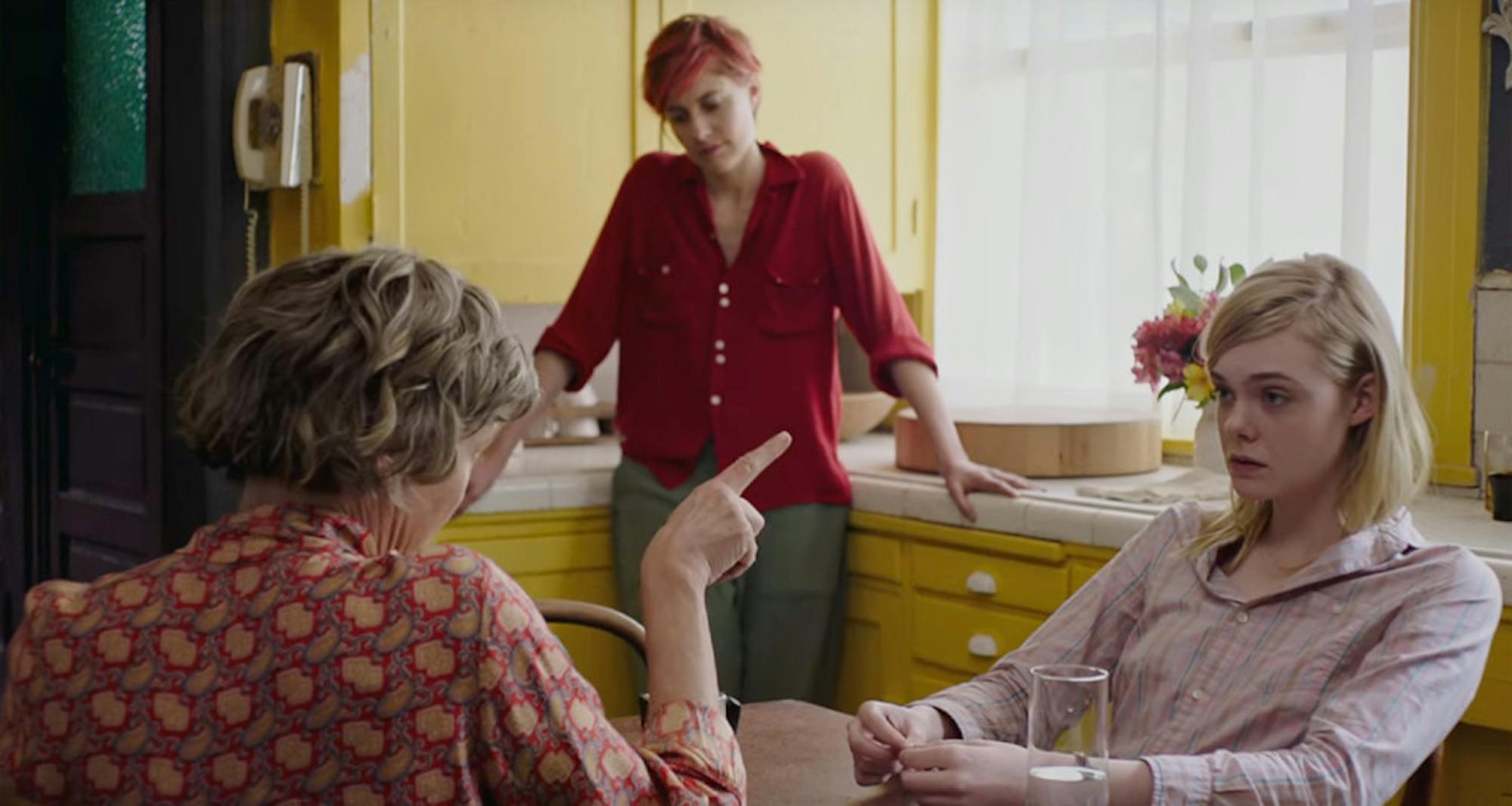With so many established names attached to “20th Century Women” (2016), it seems unlikely that moviegoers would have any qualms about the quality of the film. After directing hits such as “Thumbsucker” (2005) and “Beginners” (2010), Mike Mills has proven himself to be a household name in the small budget film scene. Similar to the work of his wife, artist and filmmaker Miranda July, Mills' films are most engaging when he adds a personal touch.
Loosely based on Mills' childhood, “20th Century Women” excels because of its autobiographic elements. One of the film’s best qualities is the way in which its strongly written characters interact with each other. Furthermore, the film functions as a survey of 1970s culture and has an overtly feminist tone. All of these factors, along with a star cast that includes Annette Benning, Elle Fanning and Greta Gerwig, combine to make the movie one of the best indie offerings in recent years.
In essence, "20th Century Women" is a coming-of-age story. Viewers witness 15-year-old Jaime Fields (Lucas Jade Zumann) dealing with life and love in Santa Barbara, CA in 1979. Jaime’s sweet, sentimental personality resembles that of many of the complex male teen protagonists featured in recent releases, such as Charlie from “The Perks of Being a Wallflower” (2012) and Mason from “Boyhood” (2014). But unlike these two films, in which the plot revolves mostly around the male protagonist, “20th Century Women” focuses on the women as much as the lead male character. Indeed, the depth of the female characters depicted in the movie is what truly gives the film its feminist flare.
Annette Benning truly shines in her role as Dorothea, the mother of Jaime. Having spent most of her childhood during the Great Depression, Dorothea is both confused by and reluctantly open to the societal changes that are taking place during the 1970s. She is full of contradictions; at times, she seems approachable and friendly, and at others, she can be distant and bitter. She clearly enjoys exploring youth culture and has her own progressive ways of raising Jamie, but she can also play the role of a conservative mother. On one hand, Dorothea is a stereotypical Depression-era woman, but on the other hand, she is a truly original character. It is a shame that Benning was snubbed in this year's Academy Awards.
If Dorothea is a representation of a Depression-era woman, Abbie Porter (Greta Gerwig) surely represents a 1970s era woman. An important member of the household, Abbie quickly becomes a sister figure to Jaime, and introduces him to feminism. Abbie is a strong supporter of women’s rights and is not afraid to announce that she is menstruating at the dinner table. It is enjoyable to see a likable character shamelessly vocalize feminist ideas in a somewhat mainstream movie.
Perhaps the most intriguing character is Julie Miller (Fanning), whom Jaime has feeling for. On the surface, Julie is the conventionally beautiful, wise-beyond-her-years girl that we tend to see in Sofia Coppola movies, often played by blonde actresses (Kristen Dunst, Scarlett Johansson and, ironically, Fanning herself). However, this above-it-all vibe is shattered in a dinner scene best described as awkward and uncomfortable. Julie’s confession in this scene allows her to seem like a real person, and her vulnerability is actually what makes her a strong teenage girl.
Overall, “20th Century Women” is another hit for Mills. The '70s inspired mise-en-scène of the movie is beautiful, and the film matches the likes of “Beginners” in terms of its cinematography. Additionally, the characters (especially the three female characters) tirelessly carry the movie. While the film has been unfairly ignored by award shows, it will hopefully reach cult status in the near future.
‘20th Century Women’ is the feminist indie the 21st century needs

Summary
Mike Mills once again proves he is a wonderful storyteller in a movie loosely based off his childhood.
4 Stars





